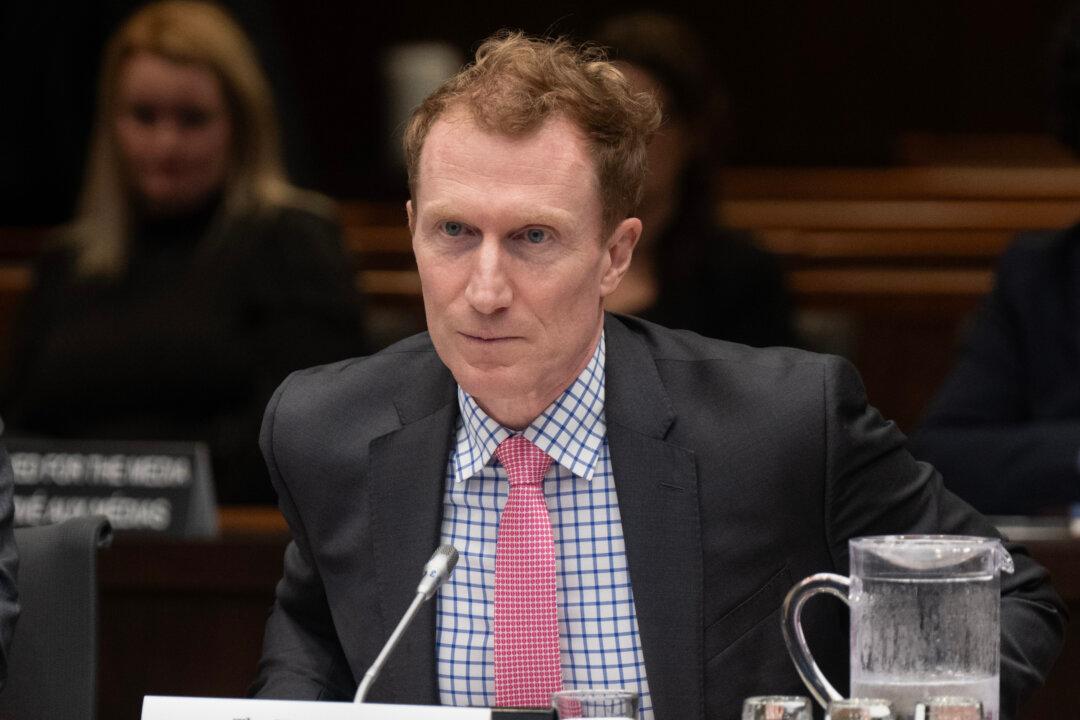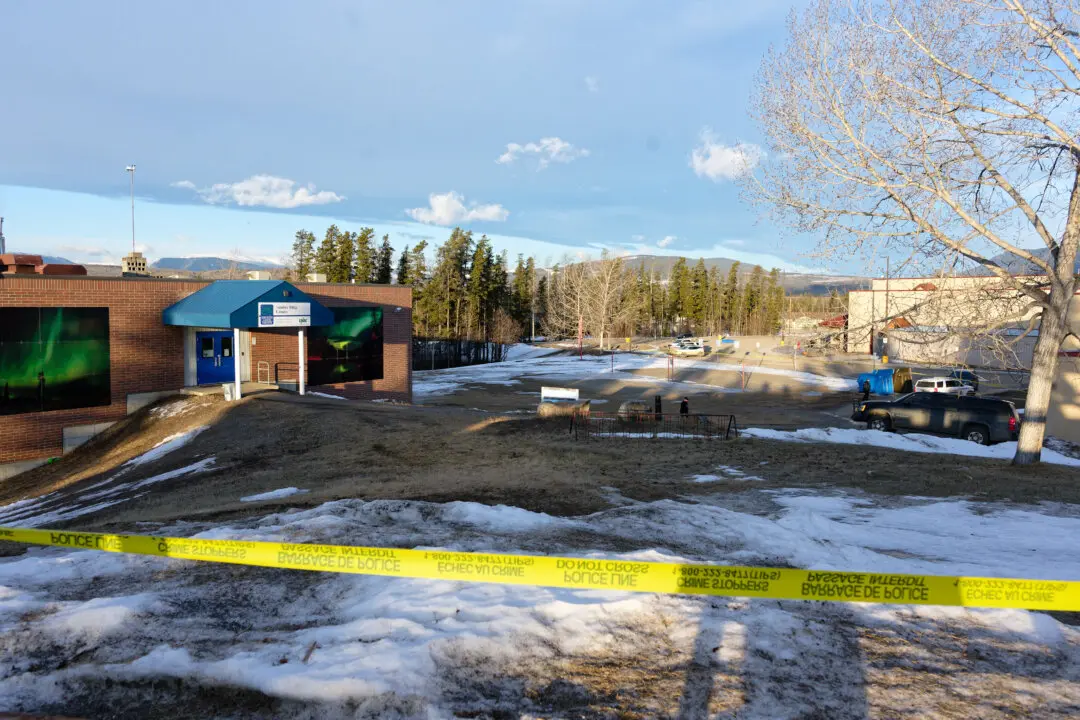Ottawa is setting a new 5,000-person cap on temporary resident visas for Palestinians looking to escape the Gaza Strip—a five-fold increase from the 1,000 visas allotted under a new program announced in January.
The move follows “positive signals” that Israel will approve a program to get Palestinian relatives of Canadians out of the Gaza Strip before its military further invades the town of Rafah, Immigration Minister Marc Miller says.





